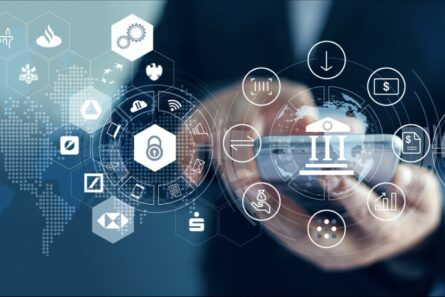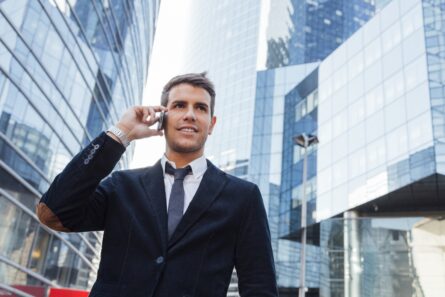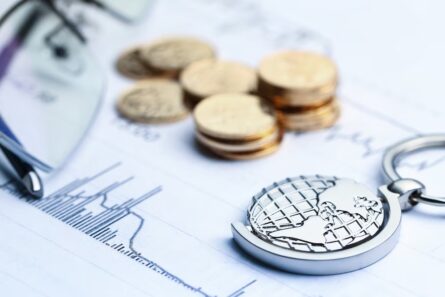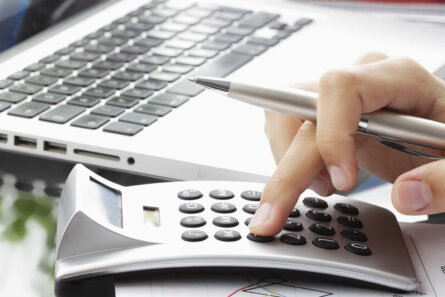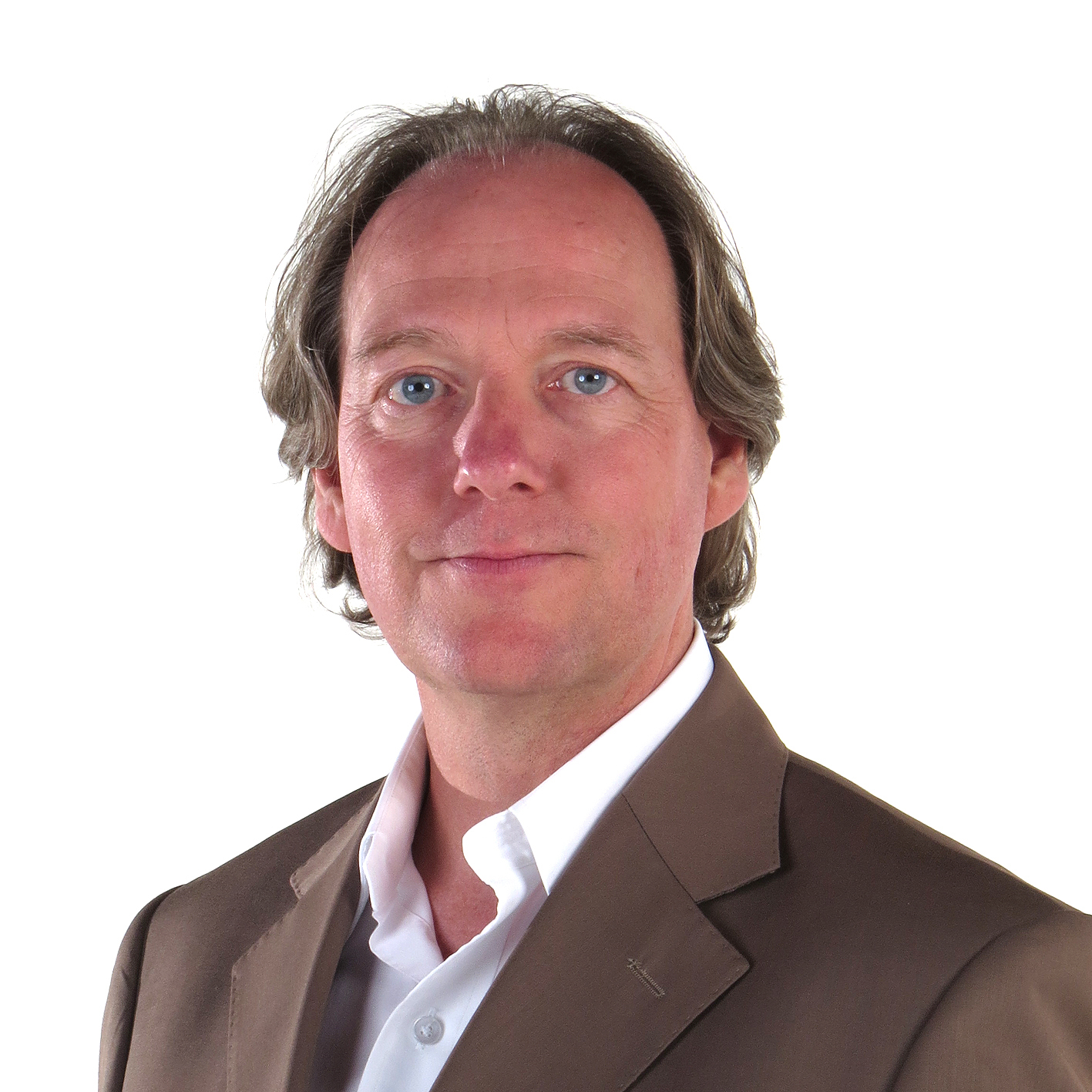Interview with Ivaylo MARKOV, Managing Partner, Thales Capital Luxembourg “Investors expect solid and robust projects”
Could you briefly introduce Thales Capital Luxembourg?
Thales Capital Luxembourg is a licensed, in dependent advisor with an average 20 years of experience for its members, specialized indelivering the tailored, turn-key solutions, so requested by clients, including full connec tivity to the banking and investment systems and providers, both in Luxembourg and worldwide. We have an office in the Nether lands and are currently opening a new one in Mauritius, in order to meet an increasing demand from clients, keen to establish a service bridge between Europe, Africa and Asia.
What services does your group offer?
We offer a large range of services and act as the famous one-stop-shop whatever it may mean for each of us as professionals. Namely, fund structuring, governance, banking connectivity, fiduciary services, purchase and sale of companies, licensing and capital raising. 100% of our clientele is based outside of Luxembourg and our strategy is to act as ambassadors of the country, proposing them the Grand Duchy as an extremely business-friendly market where our clients can find any type of service they may need.
What do you think are your strengths and what really sets you apart from your competitors?
Thales Capital builds confident relationships, assist ing its clients in meeting requirements, keeping their investors informed and meeting all the needs of their relevant stakeholders. In other words, we give our clients the support they need to be effective today, stay competitive tomorrow and create a long term value for the future. What does really set us apart in three words is profound expertise, reliabil ity and loyalty to customers. Then obviously our tai lored pricing on a case-by-case basis helps a lot to attract the right clientele and please it at the end.
In your opinion, what are the main assets of Luxembourg for your sector?
That is a great transition from your previous ques tion. Luxembourg offers three essentials, which are political stability, a large choice of service providers and a world-class regulator. All those create a com fortable business environment that is priceless for any company willing to establish a piece of its busi ness in Europe. Then we can obviously talk about the technology, which is a precious string to Lux embourg’s bow, but cannot exist without the three elements mentioned above.
Which products that Luxembourg offers interest the foreign clientele?
There is a list of products which interest the foreign clientele and it’s the proof that all Luxembourg’s au thorities look in the same direction and act as one. More preciously, what our clientele searches, is the facility to setup an investment vehicle under many different forms, with the revival of the ELTIF for example, but also master-feeder structures, securitization vehicles, quality fiduciary services, insurance products, etc…
The list may be really long, and this is what surprises our clients a lot, as we can basically offer them unexpected business horizons.
What is your overall view of the current economic situation?
Without a doubt we were and still are liv ing the last three unpredictable years of our history with the Covid-19 pandemic and the war in Ukraine, at the entrance to EU. Luxembourg can be cited as an example for the management of those human and economic crisis, largely vaccinating its population, directly helping Ukraine, and welcoming its refugees. The war in Ukraine has widened global geopolitical fractures, and potential risks of more fragmented capital markets over the temporal horizon. Governments and corporate decision-makers will more focus on searching for safety and reaching for resilience, increasing the defense spending. We clearly see some economic inefficien cies and inflationary pressures which are the conse quence of what happened in the last years, and the war in Ukraine is not the main reason for it. The risk of recession is looking over our shoulder, so the eco logical transition may be the key for a brighter future.
How do you assess the energy crisis in Europe and its impact on investor decisions?
I have recently read an analysis that once a significant proportion of the public can’t afford to eat out or properly socialize anymore, the situation will get much worse, and that’s the evil truth. Basically, businesses will close and jobs will be lost, this is already even happening partially. Straight answer to your question is that the energy crisis is clearly beneficial for the energy companies, but a normal economic logic simply shows us that it’s harmful for an economy overall, if one part does well (energy compa nies), and it is clearly to the detriment of others, such as consumer goods and services.
Using the energy price crisis as an example, British Pe troleum reported its biggest quarterly profit for 14 years, delivering a 10% increase in its quarterly divi dend. Investors do not really confirm this is truly sus tainable, certainly as households face huge increase of energy bills in most EU countries. Voices are raising so that windfall profits of energy companies should help funding the energy transition. Investors are ex tremely sensitive on that point and suddenly ESG aura takes all its importance in a concrete situation. The world economic turmoil will speed up the process of creation of ESG investment vehicles ready to respond to investors’ awakened conscience.
What is the real and concrete impact of this crisis on the investment fund market?
In couple of words, the energy crisis has three main impacts on the economy, such as the increase of oil prices, financial downturns and it offers the opportunity to develop renewable energies. Oil reserves are decreasing, which has the effect that the oil prices rise immediately. The nature and size of policy responses and their funding will reflect the path of wholesale prices and the reliance of each country’s energy mix on gas and dependence on Russian imports. Crisis would be a crucial catalyst for increased investment in climate infrastructure and renewables. While the construction costs of renewable energy are going up, they are not rising nearly as much as the costs of power generated by fossil fuel. With current disrup tion and profitability challenges, the demand for renewables will be even strengthened. For investors, the current uncertainty may provide opportunities across all parts of the low carbon economy value chain, and this is where they are starting to redirect their funds. Time has come.
What is your view on recent central bank decisions?
This was a needed act from ECB perspective. The ECB’s role is to maintain the inflation at 2%, and it was failing to do this for years. Some neighbor coun tries of Luxembourg, like France for instance, were in situation of deflation since 2015, a deflation being a situation where there is i) no inflation, ii) tiny growth, iii) high private debt and iv) decrease of money cir culation speed. Inflation in the EU is estimated at 8% in 2022, with more than 10% for several countries of the euro zone and even 20% for some of the Baltic countries. Nevertheless, the real answer to the current economic situation with rising private debt (120% of GDP in Italy, 150% in France, etc…) and the economic suffocation of the EU, will be a possible public debt cancellation. The public debt held by ECB, which is approximately EUR 2,100 billion.
In a context of inflation and rising interest rates, what are investors waiting for today?
Investors are always waiting to have the right an swers to their constant three questions – What is the risk? What is the cost? What are the earnings? The se cret to each promoter is to be 100% transparent with them playing cards on the table. In the current phase of the inflation process investors are looking for a cer tain resilience, by staying invested for a long period of time for the returns to compound. The speed at which the money doubles increases drastically the more time you stay invested, it’s not a secret to any body. Therefore, investors expect solid and robust PERE projects, with lower multiples maybe, but as suring them the required resilience. Investing in tan gible assets is a piece of the jigsaw.
In an article recently published in our monthly edi tion, you explained that we do not invest enough in the territory, for example agriculture, vines… Why?
That is the absolute truth. It is very trendy now to talk about reforestation and buying carbon credits, which many polluting companies are fond of. Agricultural and farmlands are the basic asset, and we see its importance in such stormy geopolitical times of war as the ones we are currently living. Developing a raw land to increase mainly its use and therefore its value at a later stage, is an investment in the circular economy. In our current economy, we take materials from the Earth, make products from them, and eventually throw them away as waste – the process is linear. In the circular economy, which must be our final goal to all, by contrast, we stop waste being produced in the first place and close the cycles.
What do you offer in this area?
What we propose here is an investment vehicle named PAN-EUROPEAN OPPORTUNITIES FUND SCA SICAV-RAIF, with its first compartment EUROPEAN VINEYARDS FUND. The latter is investing in the acquisition of vineyard estates with care for nature, the environment and preserving biodiver sity, which are important business responsibilities to us. Companies that deal with us must take a precau tionary approach to environmental challenges, pro mote greater environmental responsibility, and encourage environmentally friendly technologies. The Fund excludes companies from its screen which are deemed to have severely and systemically breached UNGC (United Nations Global Compact) principles regarding the environment. Our Fund has a recom mended 10-year investment horizon with a diversi fied portfolio of vineyards in Spain, Portugal, Italy and France, and a certain appetite at a later stage to some new wine producing countries (Chili, Argentina, South Africa). The Fund is not only an activist for the environment protection but is also a solid response to the inflation flooding the world economy.
How do you assess the impact of new technologies on investment fund markets?
This is not even the future, it’s already the present, and will allow us to go way further in the treatment of clients and their business needs. We were talking about robo-advisory more than ten years ago and started using it. Upgrading the investment cycle of clients, making quicker, more informed decisions with integrated risk management technology is being done. Today, new technologies make processes easier, more efficient, reduce errors, improve communication, and change how consumers see and interact with their money and the whole technical business process.
What do you think will be the main challenges for the fund industry in 2023?
2022 was already a challenging year, but the indus try, thanks to its robustness, faced it successfully. Sanctions, energy prices rally, change in client’s ap petite, were only part of the events that the invest ment managers and fund professionals had to deal with. What would 2023 bring us? SFDR becomes mandatory on 1stJanuary, that’s a very important milestone and challenge equally. Private equity will explode bringing retail investors into the game. This sector holds more than USD 3,000 billion as dry powder, waiting to be invested, so definitely some new industries will attract an important piece of the cake. It will be a real challenge to successfully face such an interest to PE. Greenwashing defense will be another one, and we all have our responsibility in that one, because we can eradicate this dubious and unhealthy practice only if we act as one against it.





